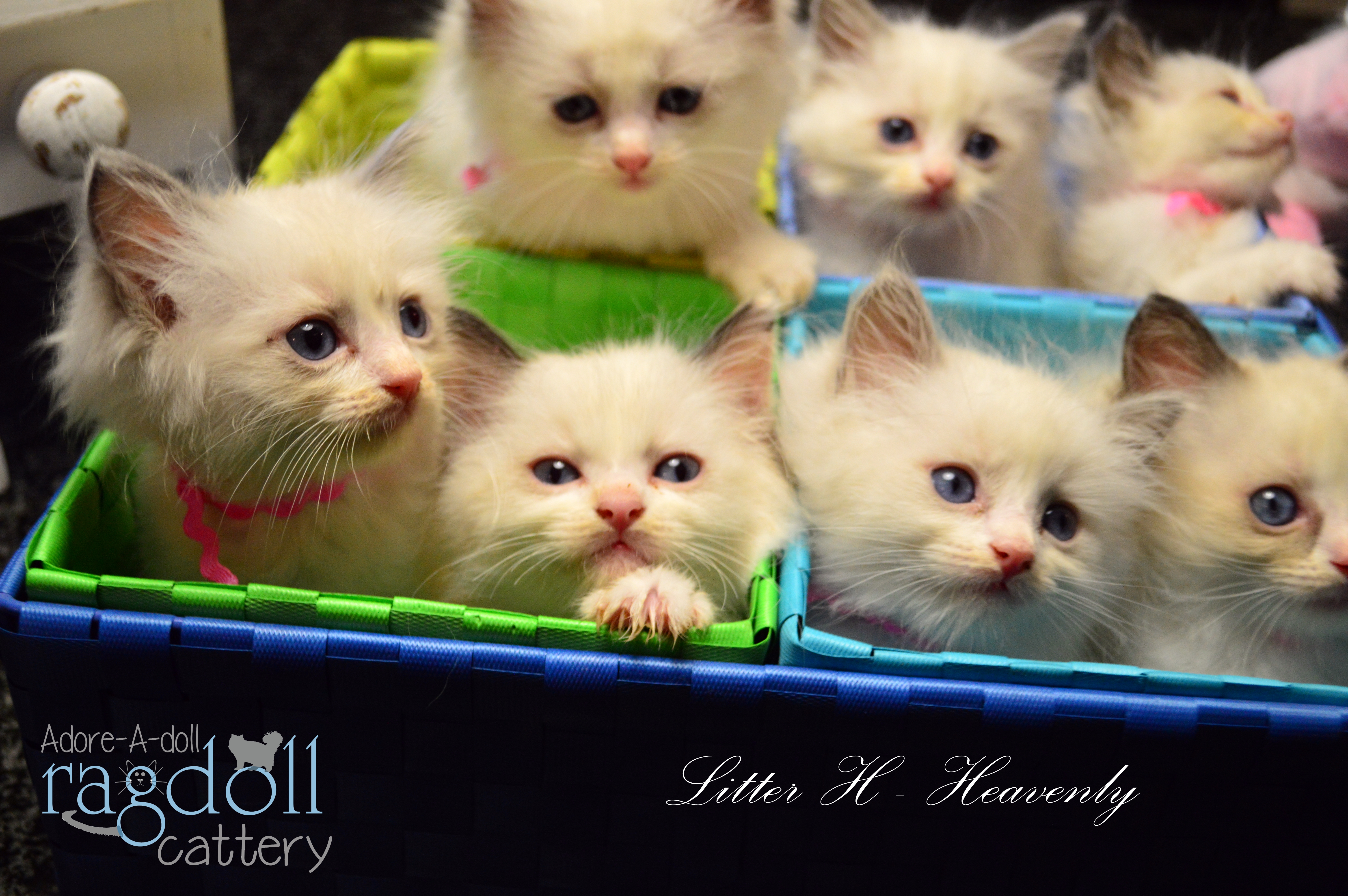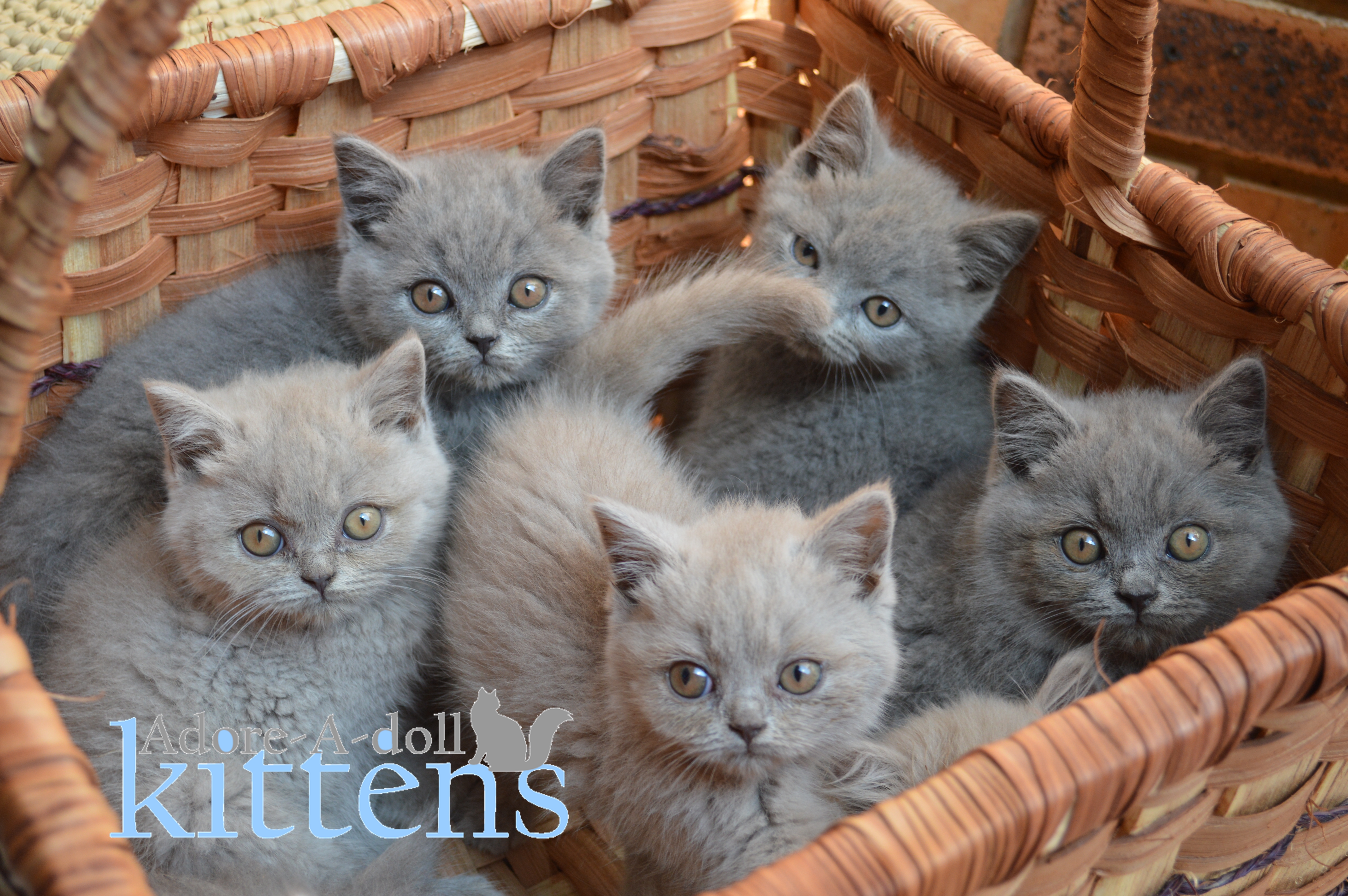Kitten Info When Adopting One Of Our Babies
All our kittens are raised at home with lots of love and attention. All are handled daily from birth to give them the best start. Our babies are raised as part of our family.
All our Furbabies will leave forever homes at 16 weeks of age “NO SOONER” This allows these precious babies all the time they need with their mum, dad, and siblings to socialize and learn all about being a well-rounded and stable baby for you. It also gives them plenty of time to get over their desexing operations.
We will only sell my Kittens to “INDOOR ONLY” homes as there are just too many dangers outdoors for them, not to mention that they could get lost or stolen.
If they need to go outside then please make sure you have an approved cat-proof enclosure for them to be in. Supervised outside visits on a harness are also acceptable.
While they do love their outdoor time, it is not necessary to keep them happy. As long as they have plenty of toys and scratch posts your kitten will live a very happy life inside.
KITTENS WILL BE :
- Registered with TSACC or CASA
- Health checked by a Vet
- Desexed (This is not negotiable)
- Micro Chipped
- 9 Week 4 in 1 Kitten Vaccination
- 12 Week 4 in 1 Kitten Vaccination + Rabies
- Up to date with all worming and flea treatments
- Litter trained and sold with a signed contract.
Our Ragdoll Kittens are R9500.00 each and are payable as an R2000 deposit and R7500 at the time of handover/ 1 week before homecoming if flying.
Our British Babies’ prices are dependent on coat length, sex, and colouring. POA for individual babies. Payable as an R2000 deposit and balance on handover / 1 week before homecoming if flying.
ENS (early neuter/spay)
Without exception, all our pet kittens are neutered/spayed at the age of fourteen to fifteen weeks and they may only leave our cattery a short while thereafter.
Unfortunately, some breeders and vets remain ill-informed and advise against ENS, even though the internet has so much information available on this subject. There are many published study reports on ENS that prove beyond a doubt that ENS does not cause health problems later on in life. On the other hand, no published study reports prove ENS to be harmful to the kitten.
“Pre-pubescent at eight months is no different endocrinologically than pre-pubescent at eight weeks. Physiologically, altering falls only into two categories: pre-pubescent or post-pubescent (over a year of age). There is no difference to the adult cat whether the surgery was done at seven weeks of age or seven months, both surgeries
involve removing inactive tissue (except in early maturing females).”
– Author Lorraine Shelton –
It is a lot of extra work and responsibility for the breeder to keep the kittens the extra month or so, to perform ENS. Not only hard work but also very costly as the kittens eat much more than the adults! In my opinion, any breeder that really cares for his/her kittens would gladly accept this responsibility and bear the cost of raising the kittens for so much longer. The advantage of ENS is that the litter leaves together and returns the same day to the home it knows, back to the queen that comforts them.
It is a wonderful sight to see how those kittens, that only hours before had anesthesia/surgery, play and romp around as if they have never left the house! Everybody is happy, including the breeder and, the new owner, as they know that they won’t have to go through the stress of surgery on their kitten a couple of months later. (Borrowed from Raglin Ragdolls)




